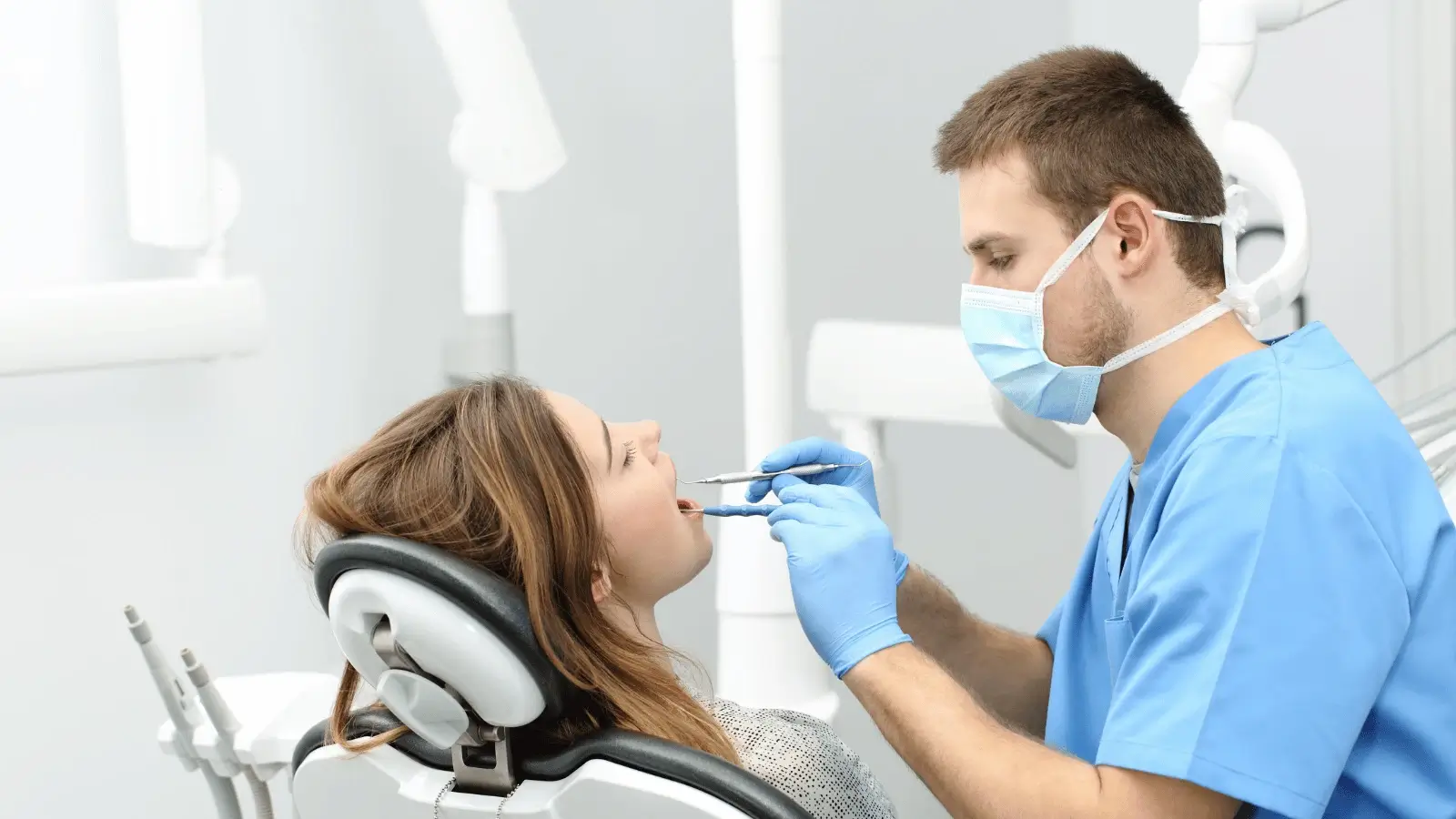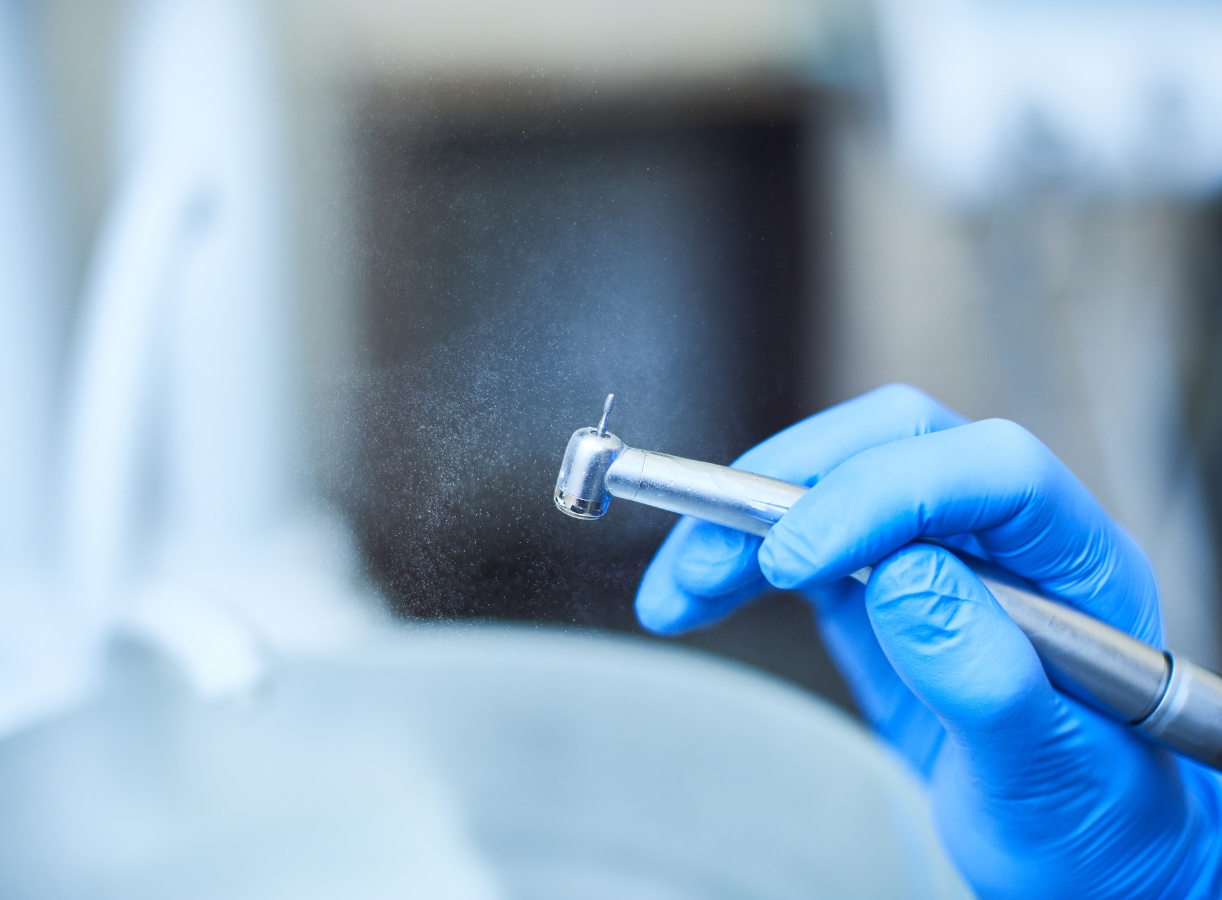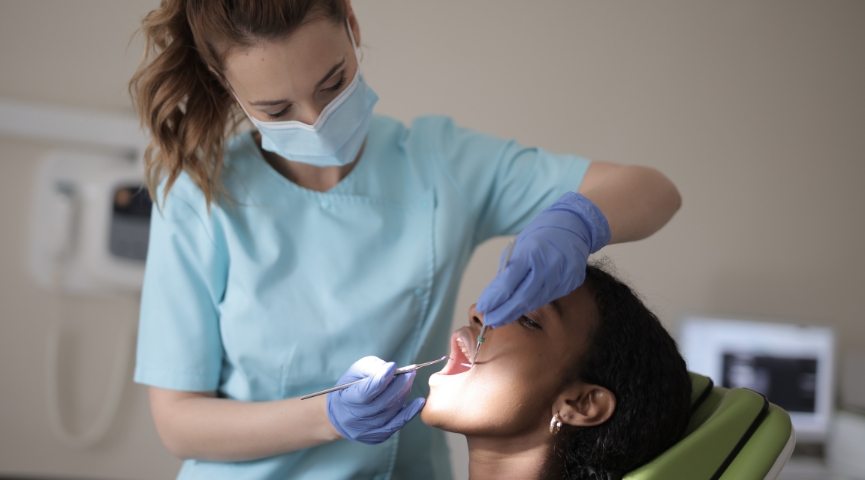
By Thrive Family Dentistry of Auburn | October 1, 2024
Dental health plays a vital role in overall well-being. Neglecting dental issues can lead to severe pain and long-term complications. Recognizing specific signs is crucial for determining when you need to see an emergency dentist in Auburn. Routine dental visits help maintain good oral health, but emergencies require immediate attention.
Understanding Dental Emergencies
A dental emergency occurs when you experience sudden and severe symptoms requiring immediate attention. Common dental emergencies include severe pain, swelling, or trauma.
Ignoring these issues can lead to more significant health problems. For example, untreated infections can spread, causing severe complications. Delaying care may result in tooth loss or prolonged pain, impacting your quality of life.
Understanding the signs of dental emergencies can help you act swiftly. Your teeth, gums and overall oral health can suffer significantly if you ignore urgent issues. Protecting your dental health means knowing when to seek emergency care. If you notice alarming symptoms, do not wait. Act quickly to avoid severe consequences.
5 Major Signs Indicating the Need for Emergency Dentistry
Sign #1 – Severe Tooth Pain
Severe tooth pain is a clear indicator that something is wrong. This type of pain often presents as a sharp, throbbing sensation that can make everyday activities difficult. You may feel this pain spontaneously, or it might intensify when you bite down, eat, or even drink.
Common causes of severe tooth pain include cavities, which can expose the nerve. Tooth abscesses occur when infection develops at the root. Cracked or fractured teeth, where the damage can lead to significant discomfort.
If you experience tooth pain that interferes with your ability to eat or sleep, it is time to seek immediate care. Do not wait for the pain to subside, as doing so may result in further complications, including infections or permanent damage to your teeth.
Sign #2 – Swelling in the Gums or Face
Swelling in the gums or face is a significant sign that you need emergency dental care. This swelling often indicates an infection or inflammation, commonly due to a tooth abscess or gum disease.
Infections can arise from untreated cavities, poor oral hygiene, or trauma to the mouth. When swelling occurs, it is a clear signal that the body responds to an issue that could escalate quickly.
Untreated swelling can lead to serious risks, such as spreading the infection to other body areas. In some cases, the infection can enter the bloodstream, leading to life-threatening complications.
If you notice any swelling, especially if it is accompanied by fever or difficulty swallowing, seek dental help immediately.
Sign #3 – Bleeding Gums
Bleeding gums can range from mild to alarming. It’s normal for gums to bleed a little after flossing or brushing vigorously. However, if your gums bleed regularly or profusely, it is time to pay attention.
Common causes of alarming bleeding include gum disease (gingivitis or periodontitis), injuries, or systemic health issues like blood disorders.
If you notice blood in your saliva or if your gums bleed for an extended period, you should seek help promptly. Ignoring bleeding gums can lead to more severe gum disease and tooth loss. Early intervention can help you address the underlying issue and preserve your oral health.
Sign #4 – Knocked-Out Tooth
If a tooth is knocked out, quick action is essential. First, retrieve the tooth by holding it by the crown, avoiding the root. Rinse it gently in water, but do not scrub or remove any attached tissue.
Try to place the tooth back into the socket, holding it in position with a clean cloth or your fingers. If you cannot reinsert it, store it in a container with milk or saline solution.
Timing is critical for re-implantation; the sooner you get to a dentist, the better your chances of saving the tooth. Successful re-implantation usually occurs within the first hour. Delaying treatment can result in the loss of the tooth and may require more invasive and costly procedures, such as implants or bridges.
Sign #5 – Broken or Cracked Tooth
A broken or cracked tooth can cause significant discomfort and lead to severe complications if left untreated. This type of injury can result from trauma, such as a fall or an accident, or from habits like biting hard foods or grinding your teeth. A cracked tooth may not always be visibly damaged, but it can still cause pain, especially when chewing or exposed to temperature changes.
Ignoring a broken or cracked tooth can lead to further decay and even tooth loss. It can also result in infections that may spread to surrounding tissues. If you suspect a crack or break, seek dental attention as soon as possible to evaluate the damage and explore treatment options, which may include dental bonding, crowns, or extraction if the damage is severe.
When to Seek Emergency Dental Care?
Knowing when to contact your dentist is crucial. If you experience severe pain, swelling, or injury, do not wait. Reach out to your dentist’s office or an emergency dental clinic immediately. Familiarize yourself with your dentist’s emergency hours and available services. Many dentists offer emergency care outside regular hours. Being proactive can help you avoid severe complications.
What to Expect During an Emergency Dental Visit?
Your situation will be assessed during a visit to an emergency dentist Auburn. They may take X-rays to determine the extent of the problem. Based on the findings, they will discuss treatment options.
Common treatments include pain management, infection control, and repairing or removing damaged teeth. Your dentist will explain the procedure and answer any questions. You can also expect to receive guidance on aftercare to prevent future issues.
Recognizing the signs of a dental emergency is vital for your health. If you experience severe pain, swelling, or bleeding, seek help immediately. Do not ignore your dental health.
Schedule regular check-ups with us. Your proactive approach can help prevent complications and maintain your smile.



